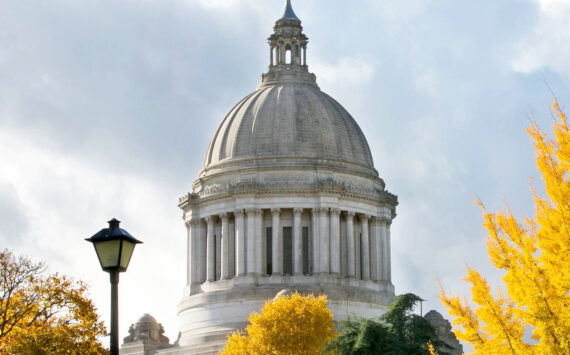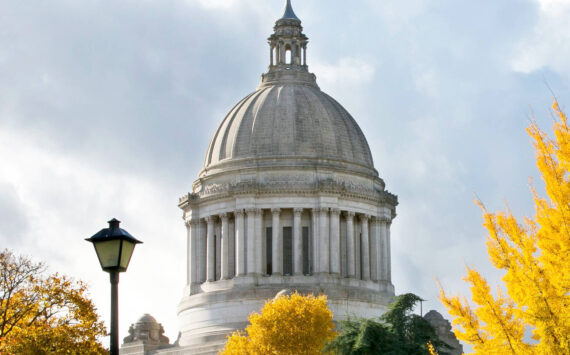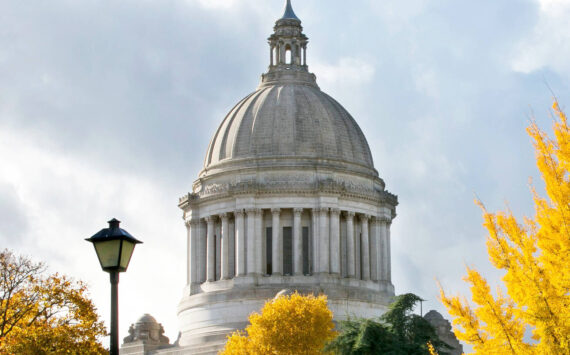Gov. Christine Gregoire Friday signed the high performance green buildings bill into law, making Washington the first state to require that new public buildings meet “green building” standards of energy efficiency, water conservation and other environmental standards.
“With this bill, Washington state is taking the lead to build schools and other state buildings that do a much better job of protecting Washington’s air, land and water,” Gregoire said at a signing ceremony at Washington Middle School in Olympia. A planned remodeling and addition to the school will meet the U.S. Green Building Council standards for such things as using recycled materials, ensuring better ventilation in buildings and reducing water and energy use.
Under the new law, all major public agency facilities exceeding 5,000 square feet, including school buildings receiving state funding, would be required to meet the green building council’s Leadership in Energy and Environmental Design (LEED) standards.
Gregoire noted that the new buildings will not only help protect the environment, but also produce considerable savings in operating costs. The Washington Middle School project, for instance, will help the Olympia School District:
— Save more than 500,000 gallons of water each year.
— Provide healthier air quality for students by using natural ventilation in classrooms. An added bonus will be saving $1,200 a year in lieu of conventional air conditioning.
— Use natural lighting and lighting controls to produce an energy saving of 50 cents per square foot, or $25,000 over a 30-year period.
Studies have also shown that properly designed day-lit classrooms have increased student learning and test scores.
According to the State Board of Education and Superintendent of Public Instruction’s office, use of sustainable building designs result in:
— 20% annual savings in energy costs
— 20% reduction in water costs
— 38% in waste water production
— 22% reduction in construction waste
“This law shows that smart policies are pro-environment, pro-business and pro-people,” said Joan Crooks, executive director of the Washington Environmental Council. “They improve our lives through better places to live and work while saving money and protecting our environment.”




